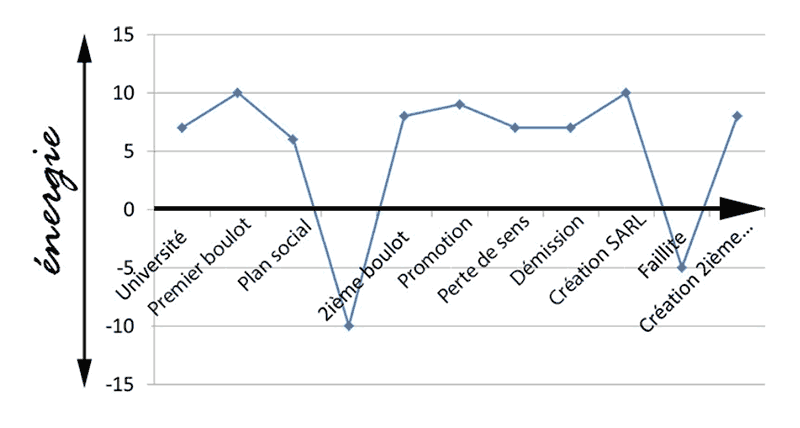A study conducted by the Department of Nutrition at Harvard’s TH Chan School of Public Health suggests that adopting a more sustainable diet can help reduce the risk of deaths linked to cardiac, respiratory and neurodegenerative diseases as well as cancers. This study builds on previous research that has identified foods with health and environmental benefits; such as whole grains, fruits, vegetables, nuts and unsaturated oils; as well as food who could be harmful for the environment and human healthsuch as eggs and red and processed meats.
Linh Bui, a doctoral candidate at the same university shared the methodology used in this study: “We have proposed a new food score which incorporates current scientific results of the effects of food on health and the environment. It informs the results of the investigations : “The study confirmed our hypothesis, according to which a higher score in respect of a diet eco-responsible is associated with a risk of mortality weaker”.
To create the Planetary Health Diet Index (PHDI), on which the study was based, the researchers took into account investigations existing information on the relationship between various food groups and health, based on the EAT-Lancet reference diet, which takes into consideration theenvironmental impact food production practices. They then applied the index to analyze outcomes among more than 100,000 participants in two large cohort studies conducted in the United States. The dataset included more than 47,000 deaths over a tracking period spanning three decades from 1986 to 2018.
The study found that people in the highest quintile (the top fifth of participants) in the PHDI score had a risk 25% lower death rates from any cause than those in the lowest quintile. PHDI scores more students were associated with a 15% lower risk of death from cancer or cardiovascular disease, a 20% lower risk of death from neurodegenerative disease and a 50% lower risk of death from respiratory disease.
“A sustainable diet must not only be healthy, but also consistent with the report of the health of our planet….”
With this new study, the researchers aimed to create a tool simple tool that policy makers and public health practitioners could use to develop strategies aimed at improving the public health and to face the climate crisis. Bui said: “A sustainable diet must not only be healthy, but also consistent with the report of the health of our planet, we must be vigilant with the emissions of greenhouse gas and other environmental parameters “.
“People with health problems may face difficulties”
Bui points out that the PHDI does not necessarily reflect all food products and their relationship to all major diseases in all countries:“People with specific health conditions, religious restrictions, or differing food accessibility due to socioeconomic status or food availability may face challenges adhering to a eco-responsible diet. Further research could help elucidate and overcome these obstacles.” .
On Sunday July 23 in Boston, Linh Bui presented the results of this study in the main annual event dedicated to the latest research in nutrition: NUTRITION 2023, this event is organized by the American Society for Nutrition.
Good to know : An eco-responsible diet is a concept that defines a type of diet, recommended according to its benefits for health and for the environment. It is mainly a question of favoring an optimal diet for health, which guarantees a good distribution of the planet’s food resources and which simultaneously preserves the environment.















